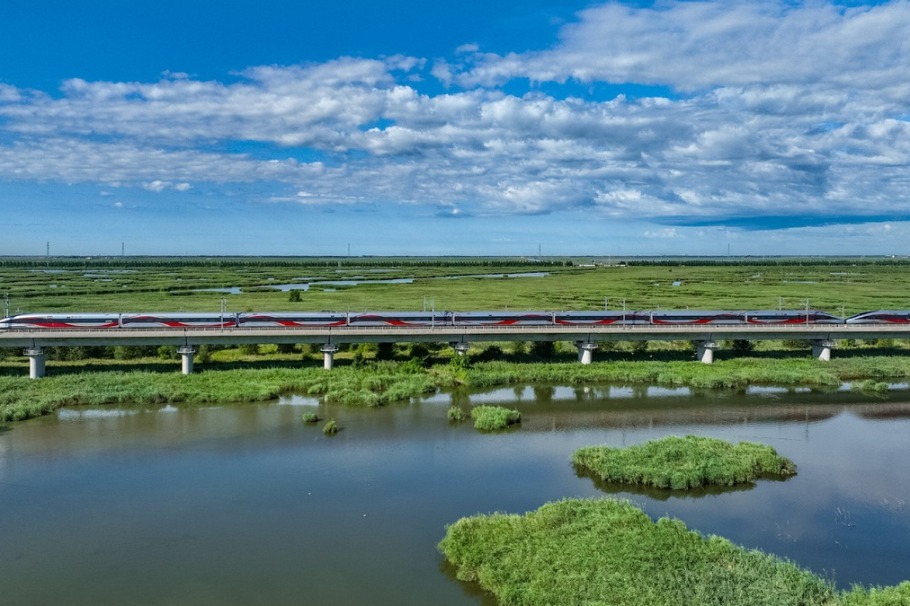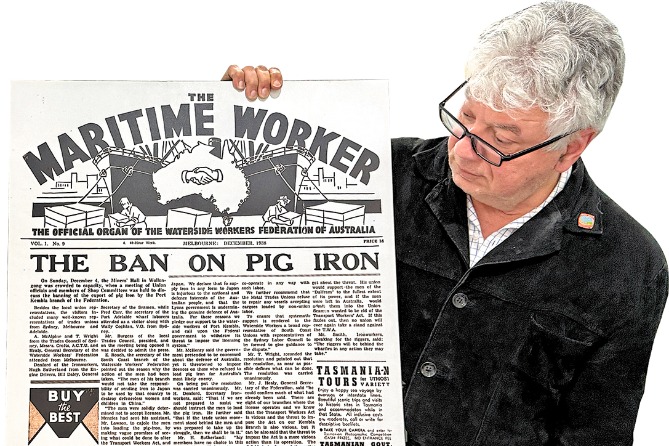UK to build Europe's first plant to make advanced uranium fuel

LONDON — Britain intends to become the first European country to produce advanced uranium fuel, the government announced on Sunday.
The UK government said it would invest 300 million pounds ($382 million) in building a high-assay low-enriched uranium, or HALEU, program.
"This will be critical for energy security at home and abroad and builds on Britain's historic competitive advantages," Energy Secretary Claire Coutinho said.
The UK's uranium fuel is currently commercially available only from Russia. HALEU fuel is needed to power many of the next-generation advanced nuclear reactors, including so-called small modular versions the UK intends to use.
The fuel has a uranium-235 content of between 5 and 25 percent, above the 5 percent level that powers most nuclear plants currently in operation.
HALEU production recently began in the United States, but only a Russian facility manufactures the uranium on a commercial scale, according to the International Atomic Energy Agency.
The British investment is part of the plan to deliver up to 24 gigawatts of electricity from nuclear power by 2050, a quarter of the United Kingdom's electricity needs.
The first plant will be in northwest England and is scheduled to be operational by the 2030s, the government said.
It hopes to get 95 percent of Britain's electricity from low-carbon sources by 2030, with full decarbonization of the grid by 2035.
Further details on production targets and how the money would be spent are due to be set out in an as-yet unscheduled strategy paper.
While strongly opposed by campaign groups over its environmental risks, Britain sees a central role for a nuclear power revival in its long-term energy strategy, launching a competition last year to develop small modular nuclear reactors.
Such reactors are intended to be easier and cheaper to produce, avoiding the high costs and construction delays that have led to a decadeslong stagnation in the expansion of global nuclear power capacity.
The supply of suitable fuel is seen as a potential bottleneck in meeting the international 2050 pledge, alongside the provision of finance and potential regulatory delays around the introduction of new technology for small modular nuclear reactors. To keep global warming to no more than 1.5 degrees — as called for in the Paris Agreement — emissions need to be reduced by 45 percent by 2030.
Agencies via Xinhua
Today's Top News
- AI powering China's industrial evolution
- Tech innovation propels nation's industrial future
- Chengdu World Games concludes amid wide acclaim
- Trump, Putin say Alaska meeting 'constructive'
- China, India to start new round of consultations
- Healthy China-India relations good for regional development and stability





























